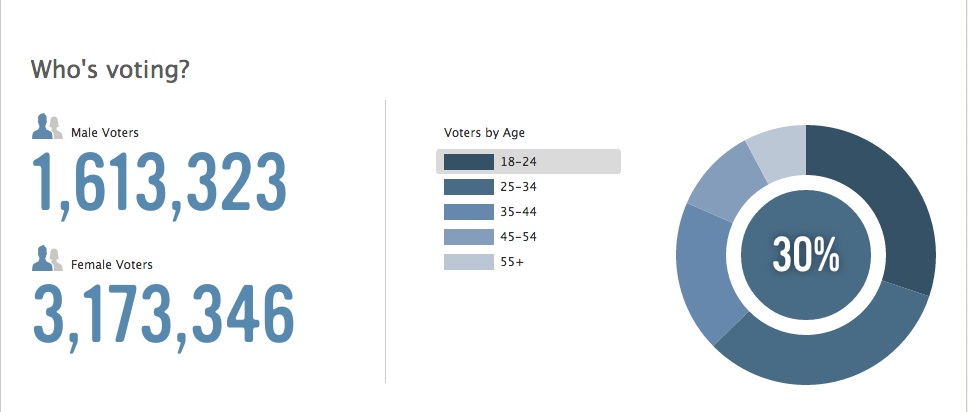 On November 30, Google was hit with yet one more class action lawsuit over Gmail’s method of scanning emails to deliver personalized advertising to its users. The named plaintiff in this case, Kristen Brinkman, filed the lawsuit in the U.S. District Court for the Eastern District of Pennsylvania.
On November 30, Google was hit with yet one more class action lawsuit over Gmail’s method of scanning emails to deliver personalized advertising to its users. The named plaintiff in this case, Kristen Brinkman, filed the lawsuit in the U.S. District Court for the Eastern District of Pennsylvania.
Like in the other cases, this case alleges that the way Google automatically scans the emails of its Gmail users to deliver personalized ads is unlawful. The complaint cites Pennsylvania’s Wiretapping and Electronic Surveillance Control Act, 18 Pa. Cons. Stat. §5701 as prohibiting the behavior in which Google allegedly engaged.
There is nothing unusual about this case as compared to any of the other related cases filed against Google (in California, Florida, and Illinois). The complaint lays out as the proposed class of plaintiffs “[a]ll natural persons located within the Commonwealth of Pennsylvania who sent e-mails from a non-@gmail.com account e-mail address to an @gmail.com account e-mail address the owner of which was also located within Pennsylvania from within” the statute of limitations.”

 Yesterday, November 29, Brent Matthew Scott
Yesterday, November 29, Brent Matthew Scott  Happy Thanksgiving from the Justia team — we are thankful for all our readers and free law friends!
Happy Thanksgiving from the Justia team — we are thankful for all our readers and free law friends!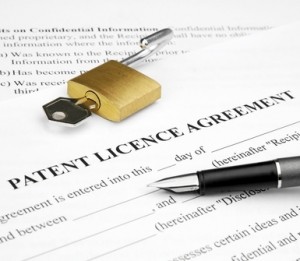
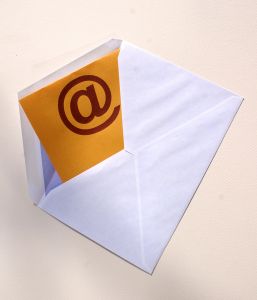 Yesterday, Google was named in a
Yesterday, Google was named in a 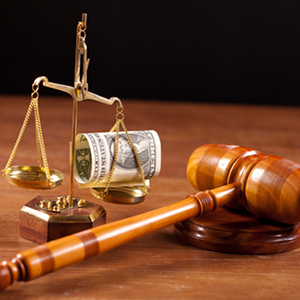 Defense attorneys for Facebook and founder Mark Zuckerberg won’t oppose attorney Dean Boland’s
Defense attorneys for Facebook and founder Mark Zuckerberg won’t oppose attorney Dean Boland’s 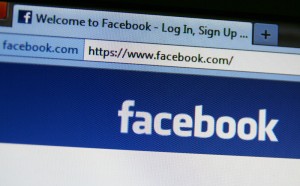
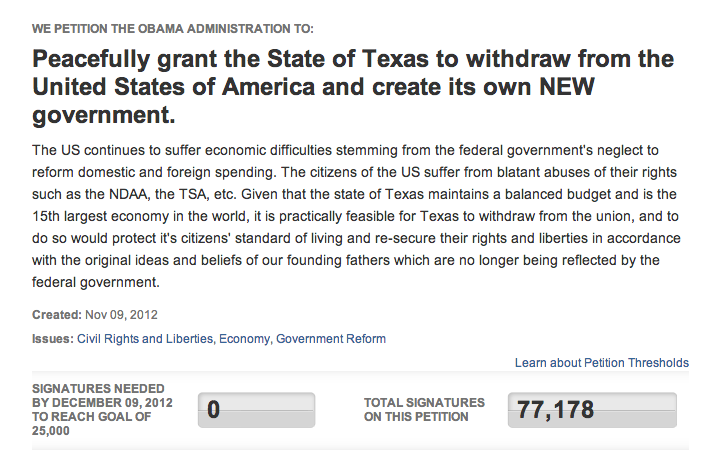
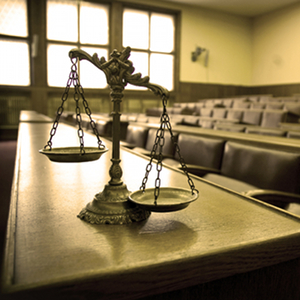 Apple must pay more than $368 million in damages to VirnetX Inc. according to a jury verdict returned in federal court yesterday (see it below). The same day the verdict was reached, VirnetX and Science Applications International Corporation
Apple must pay more than $368 million in damages to VirnetX Inc. according to a jury verdict returned in federal court yesterday (see it below). The same day the verdict was reached, VirnetX and Science Applications International Corporation 